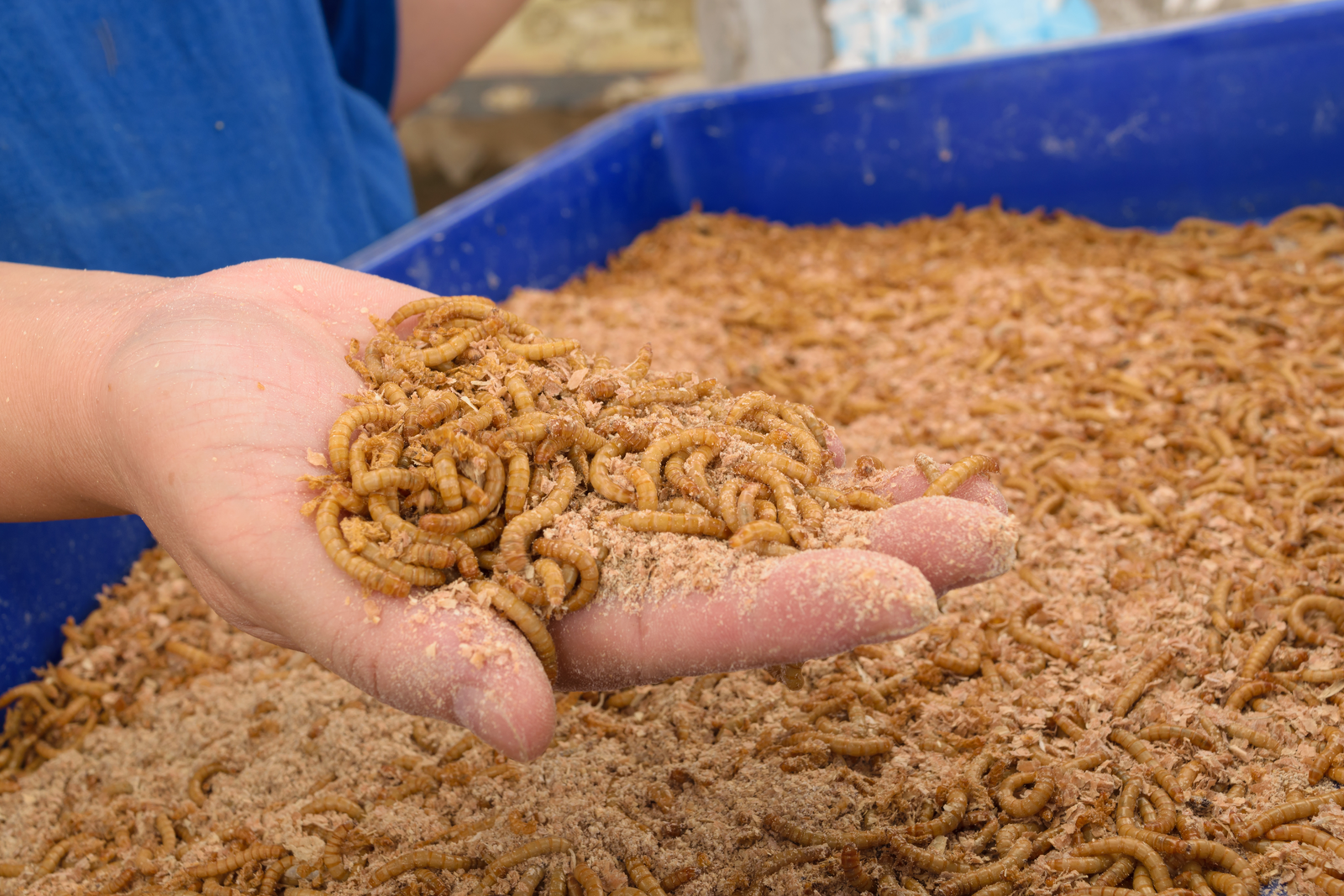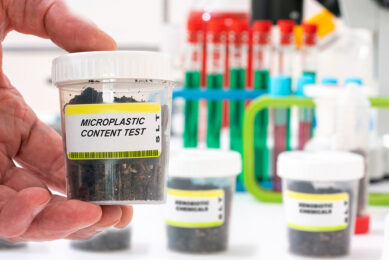Mealworm meal for European sea bass

Mealworm meal can be included in up to 25% of European sea bass diets, without having any negative effect on performance parameters. It was also shown that mealworm meal in the diets altered the fatty acid profile of the whole body. This was concluded in a trial carried out by Italian and Greek researchers.
The use of insect meal as substitute for fish meal is of growing interest. Insect meals are considered good sources because of their interesting nutritional values. Although the price is not yet competitive to fish meal and legislation is not yet in place to use insect meal in livestock and fish diets (see the All About Feed whitepaper on this topic), many research studies are being performed to confirm the need to start using these insect meals in the future.
Read all the latest articles on insect meal on the New Proteins dossier on All About Feed
Therefore a trial was set up to test the possibilities to use meal worm meal in European sea bass diets. The use of insect meal has not been investigated so far in the European sea bass (Dicentrarchus labrax L.), a major species cultured in Mediterranean region. For this, two separate trials were performed to evaluate the effects of dietary inclusion of a full-fat Tenebrio molitor (TM) larvae meal (mealworm meal) on growth performances and whole body composition (proximate constituents and FA profile) of European sea bass juveniles fed diets with increasing levels of TM, and in vivo apparent digestibility coefficients of diets having 25% of TM inclusion in absence or presence of exogenous enzymes.
The main results of the present study were that a full-fat Tenebrio molitor meal can be used up to 25% of inclusion in diets for European sea bass juveniles without affecting growth performances; such inclusion level allowed saving 36% of fish meal in the diet. At a higher TM inclusion level (50%) fish performances were negatively affected. The whole body proximate composition was not significantly influenced by the use of TM (with the exception of ashes), while a dramatic worsening was highlighted in the whole body FA profile.
Despite the chitin content of Tenebrio molitor, the digestibility of TM-containing diet was not reduced compared to the FM diet. Digestibility of proteins was even better in fish fed TM compared to fish fed FM. The supplementation of digestive enzymes (proteases and carbohydrases), instead of improving protein and carbohydrate digestibilities, reduced them, possibly because they affected the chitinolytic activity of some intestinal bacteria. The researchers highly suggest further research to confirm these results and to investigate deeply the digestibility effects.
This study is published in the Journal ‘Animal Feed Science and Technology’











